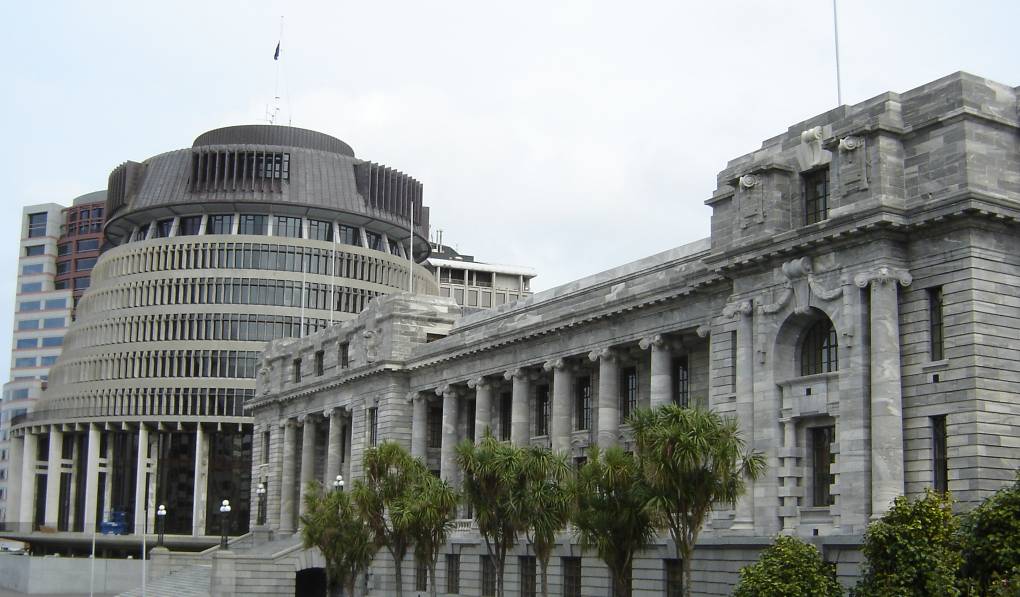The Ministry of Business, Innovation and Employment has released a review of the New Zealand’s Crown Research Institutes it commissioned late last year.
The Te Pae Kahurangi Report was commissioned to present an independent view of the role that the institutes (CRIs) can and should play in meeting the country’s current and future needs.
It details a range of findings and recommendations that will inform MBIE’s post-election advice for the incoming government.
A key conclusion of the review panel is that CRIs remain a critical component of New Zealand’s science system but – the agscience sector will not be surprised to learn – aspects of the current system are not working well and the future will require an approach that is “more integrated”.
Funding and the competition generated by the funding system are among the issues calling for change.
The review focused on CRIs but the report says many of the issues identified by stakeholders and discussed in the report apply to the wider science system.
“To the extent practicable, the scope of any changes that follow this review would usefully apply to the wider system, wherever relevant.”
The report says stakeholders and, to varying degrees, CRIs themselves have identified several features of the existing operating model that are not working as well as they could, including fragmentation, overlapping activities and missed opportunities for sharing resources and
“ … aspects of public funding that sometimes incentivise unproductive competition and distort choices on ways to achieve impact from new knowledge”.
Meeting the challenges and opportunities of the future will require harnessing the collective capability of CRIs, often in partnership with other science system participants and with Māori, to tackle the complex and interdependent research challenges that are central to New Zealand’s future, including in relation to:
- climate change, water and land use
- food, materials and energy transitions
- increasing threats to resilience, human health and well-being.
On the issue of funding, the report recommends that MBIE review funding settings with the following objectives:
- explicit and stable funding of fit-for-purpose core and high-priority research and science service capabilities and functions, including prioritised databases and collections (as determined at a pan-CRI level), as well as emergency response;
- a rebalancing of CRI public funding between stable and contestable funding, in favour of the former, reducing uncertainty and transaction costs, and enabling better medium-term planning;
- a planned approach to relevant elements of the funding system to enable a programme of research that is more integrated, focusing on the main crosscutting challenges such as climate change;
- a combination of organisational and funding arrangements that provide an appropriate level of financial stability.
If the recommendations are accepted, the report advises that implementing them would involve a carefully sequenced programme of change to shift the operating model, associated incentives and consequent behaviours to those envisaged in the future state.
The final report can be viewed here: Te Pae Kahurangi Report 2020 [PDF, 14 MB]
Source: Ministry for Business, Innovation and Employment












